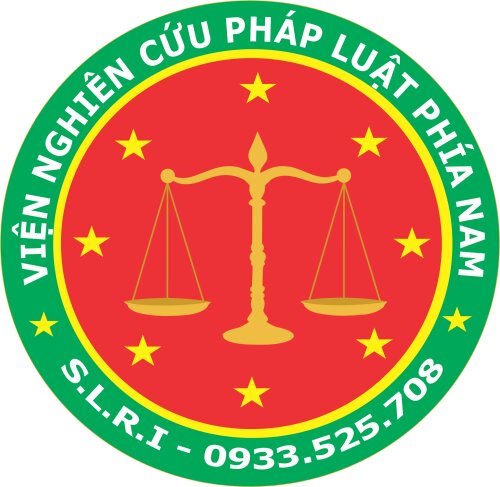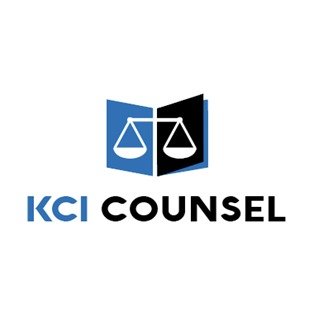Best Contract Lawyers in Ho Chi Minh City
Share your needs with us, get contacted by law firms.
Free. Takes 2 min.
List of the best lawyers in Ho Chi Minh City, Vietnam
![[DDC] DONG DU INTERNATIONAL ACCOUNTING, TAXES & LEGAL CONSULTING GROUP HCMC VIETNAM](https://lawzana.com/storage/firms/2690/17617306202399.jpg)
About Contract Law in Ho Chi Minh City, Vietnam:
Contract law in Ho Chi Minh City, Vietnam, like in other parts of the country, is primarily governed by the Civil Code of Vietnam and the Commercial Law. These provide general principles for establishing, executing and resolving contract disputes. The rules apply to all contracts, including sale, lease, service, construction, or other business-related agreements.
Why You May Need a Lawyer:
There are several reasons why you may need a lawyer in Ho Chi Minh City when dealing with contract law issues. The language of contracts can often be complex and filled with legal jargon. Lawyers can help in interpreting these terms and determining your obligations. Furthermore, in case of a contract dispute or if a party fails to fulfil contract terms, you may need legal assistance to understand your rights and potential remedies. Also, lawyers can help in drafting contracts to ensure they meet legal requirements, protect your interests, and minimize potential risks and liabilities.
Local Laws Overview:
The key aspects of local laws relevant to contract law include the need for mutual agreement, lawful subject matter, and the ability of all parties to enter into a contract. Parties involved must have the capacity to contract - that means they must be of legal age and sound mind. Coercion, fraud, or undue influence can make a contract unenforceable. Also, a contract must not contradict with public order or good morals as established by Vietnamese laws. Breach of contract, depending on its nature and extent, can lead to civil, administrative or even criminal consequences.
Frequently Asked Questions:
1. What happens if a contract is violated?
If a contract is breached or violated, the party who is at fault can be compelled to perform the contract, pay damages, or, depending on the circumstances, even face legal penalties.
2. Can a contract be changed after it is signed?
Yes, a contract can be amended after it has been signed, but any changes require the agreement of all involved parties.
3. What is a void contract?
A contract is void if it lacks any of the fundamental elements of a valid contract such as agreement of parties, lawful purpose, or capacity to contract. Such a contract is deemed nonexistent in the eyes of the law.
4. Are verbal agreements legally binding?
Although not recommended, verbal agreements can sometimes be legally binding. However, they can be difficult to prove and enforce in court, especially in the absence of any written evidence.
5. Can I terminate a contract?
Depending on the terms of the contract and the nature of the situation, you may be able to terminate a contract. However, doing so may possibly lead to legal consequences, hence, it's best to seek legal advice before taking such actions.
Additional Resources:
The Ministry of Justice, Vietnam, and the Vietnam International Arbitration Centre provide useful resources and information about contract law in Vietnam. For legal literature and laws, you can refer to the Official Gazette and the law libraries of major universities in Ho Chi Minh City.
Next Steps:
If you need legal assistance in contract matters, consider finding a reputable lawyer who specializes in contract law. It's a good idea to familiarize yourself with some basic legal concepts before meeting with a lawyer. Make sure to gather all relevant documents, such as the contract in question, any related correspondence, and any evidence of attempted resolution of the dispute if it exists.
Lawzana helps you find the best lawyers and law firms in Ho Chi Minh City through a curated and pre-screened list of qualified legal professionals. Our platform offers rankings and detailed profiles of attorneys and law firms, allowing you to compare based on practice areas, including Contract, experience, and client feedback.
Each profile includes a description of the firm's areas of practice, client reviews, team members and partners, year of establishment, spoken languages, office locations, contact information, social media presence, and any published articles or resources. Most firms on our platform speak English and are experienced in both local and international legal matters.
Get a quote from top-rated law firms in Ho Chi Minh City, Vietnam — quickly, securely, and without unnecessary hassle.
Disclaimer:
The information provided on this page is for general informational purposes only and does not constitute legal advice. While we strive to ensure the accuracy and relevance of the content, legal information may change over time, and interpretations of the law can vary. You should always consult with a qualified legal professional for advice specific to your situation.
We disclaim all liability for actions taken or not taken based on the content of this page. If you believe any information is incorrect or outdated, please contact us, and we will review and update it where appropriate.
















